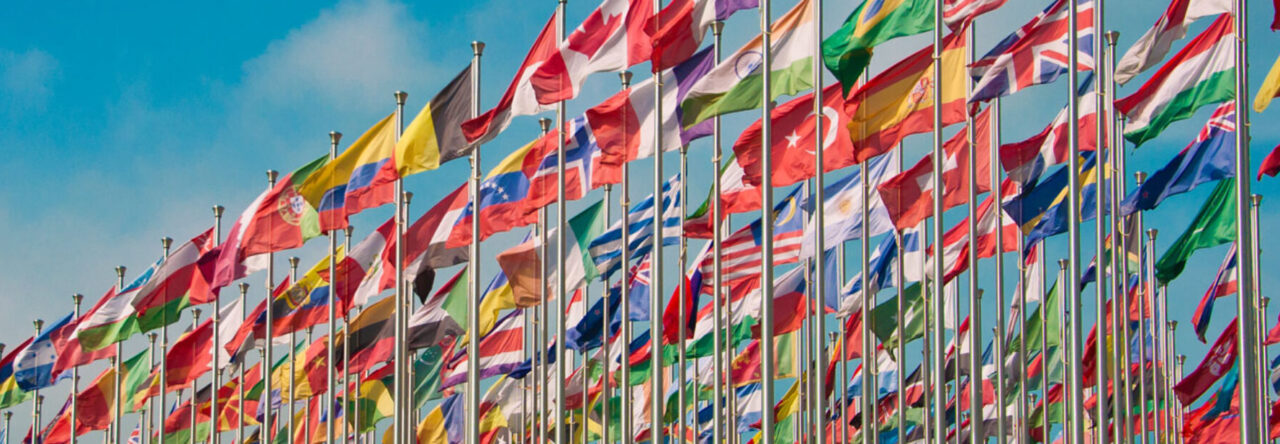How do national and international factors interact in empowering some states of the Global South to make more progress toward the UN Sustainable Development Goals than other states?
One of the main factors that allows some states to to make progress toward their UN Sustainable Development goals is the level of corruption present in their government. For the country I studied, which was Egypt, the government was essentially illegitimate after overthrowing the democratically elected president during a military coup. The military gained control over the economy and the bureaucracy, giving them the ability to bypass environmental paperwork and discourage outside investors. It is challenging to hold President Al Sisi and his government accountable due to the lack of legitimate elections, including the Egyptian people and the United Nations. A similar story has unfolded in Botswana. This nation’s government is rife with corruption, a remainder from the British colonization that ended in 1966. Local economies and governments in the state are especially corrupt. However, in a city state like Singapore which has had a succession of legitimate democratic elections led by the People’s Action Party, it is much easier for the government to be held accountable. Singapore was also a British colony, gaining independence just one year earlier than Botswana. However, the presence of a legitimate democracy has helped Singapore economically, which in turn allows them to achieve their SDGs at a higher rate. For example, 7,000 MNCs have been established in Singapore and as well as many powerful aligning with them through trade agreements, allowing Singapore to flourish as a hub for international trade. Legitimate and democratic governments, which are a key component of SDG #16, are essential to promoting sustainability and economic welfare in the Global South.
Another factor that affects the ease of achieving sustainable development goals is the makeup of the economy. Botswana and Egypt both have economic focuses that are challenging to execute sustainably, which are agriculture and tourism respectively. Egypt prioritizes channelling resources such as water and electricity to the regions that will reap economic benefits from tourism, forsaking other regions and causing them to suffer from water stress and lack of infrastructure. For Botswana, agriculture and the increasing cattle population is leading to the exacerbation of desertification, an environmental strain that is challenging and costly to mitigate. Should Egypt and Botswana have more diversified economies, they would not be so dependent on fields that exacerbate existing environmental issues.
International and regional organizations are strong assets to nations in the Global South working to achieve their SDGs. For example, Botswana has aligned with several international organizations to help combat the issue of desertification, which has proved successful. Singapore is a member of the Association of South East Asian Nations (ASEAN), a regional organization which allowed the small city state to become a major player in the world economy. Egypt is a member of the African Union, which is currently working to strengthen itself as an institution, which could potentially have beneficial effects for Egypt’s future.
Overall, the UN SDGs are challenging to achieve but with the right mechanisms in place, it can be done. Singapore is a key example of the types of institutions and economy that can push a nation in the Global South towards success. Egypt and Botswana provide helpful examples of where improvements can be made and how shortcomings can be mitigated.

Leave a Reply